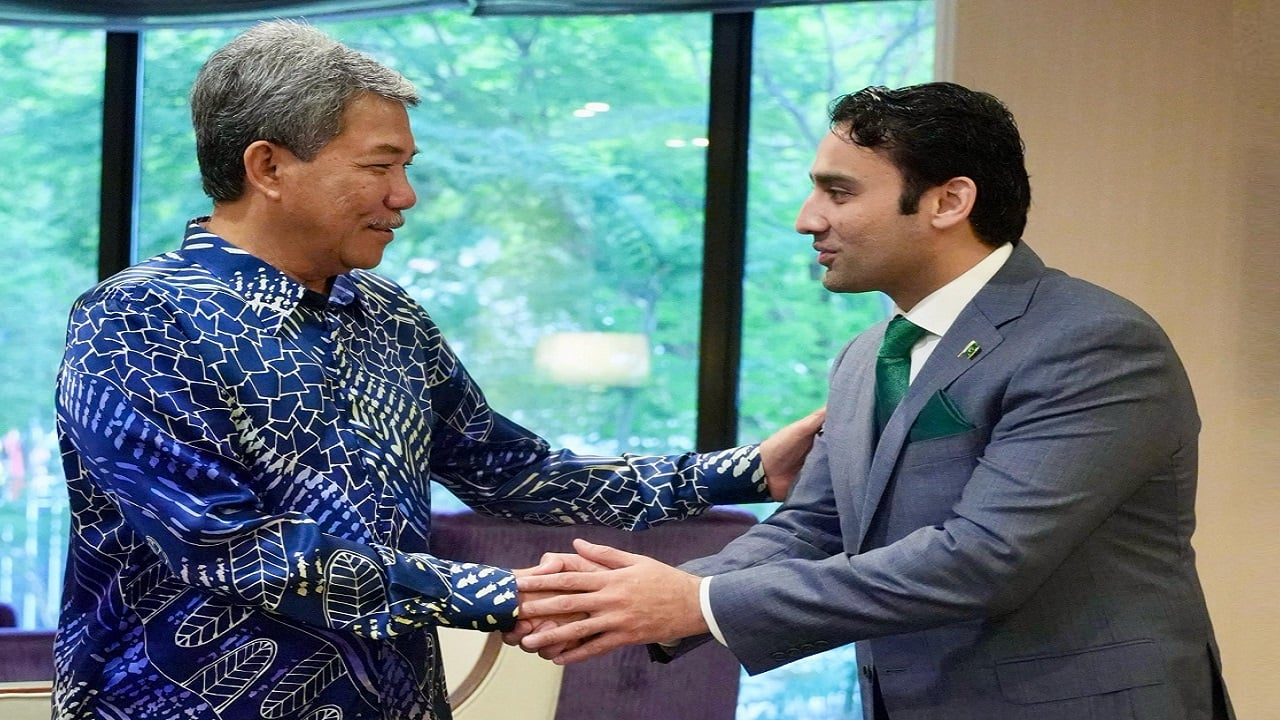In a significant step towards shaping the future of ethical digital finance, Malaysia’s Foreign Minister, Mohamad Bin Haji Hasan, recently met with Bilal Bin Saqib, CEO of the Pakistan Crypto Council (PCC), to discuss a potential collaboration on a Shariah-compliant crypto and blockchain framework.
The dialogue marks the beginning of a proposed Pakistan-Malaysia Digital Finance Partnership, aimed at co-developing digital finance systems that are not only aligned with Islamic principles but also compliant with global standards such as those set by the Financial Action Task Force (FATF).
Key Highlights of the Discussion:
- Regulatory Alignment: Both countries emphasized the need for regulatory cooperation to ensure harmonized policies in digital asset governance.
- Talent Development in Web3: Joint initiatives were proposed to train and develop expertise in blockchain and emerging Web3 technologies.
- Educational Collaboration: Plans for academic and institutional partnerships to foster blockchain and fintech capacity building.
Bilal Bin Saqib highlighted Malaysia’s strong foundation in Islamic finance as a valuable complement to Pakistan’s ongoing efforts to establish a regulatory model for crypto assets tailored to emerging markets. He noted that such a partnership could set a precedent for other Islamic nations seeking to explore digital finance through a religious and ethical lens.
READ MORE: Top Countries for Career Growth via Investment Migration – Henley Index 2025
This development also follows the high-profile announcement that Binance founder Changpeng Zhao has joined the Pakistan Crypto Council as a strategic advisor, signaling global interest and support for Pakistan’s evolving crypto ecosystem.
Broader Implications and Challenges
The proposed collaboration arrives amid intensifying global scrutiny of cryptocurrency markets and a growing desire among Islamic countries to align financial innovation with Shariah principles. While both nations expressed a shared commitment to exploring this vision, they acknowledged several challenges:
- Navigating diverse regulatory environments
- Achieving interoperability between financial systems
- Gaining public and market trust
- Ensuring technical integration and infrastructure support
Though no formal agreements have been finalized, both sides voiced a strong interest in continuing the dialogue and potentially involving other Organisation of Islamic Cooperation (OIC) member states in future initiatives.
This strategic cooperation could play a pivotal role in shaping a Shariah-Aligned Crypto Framework, offering a model for ethical and inclusive digital finance across the Muslim world.



